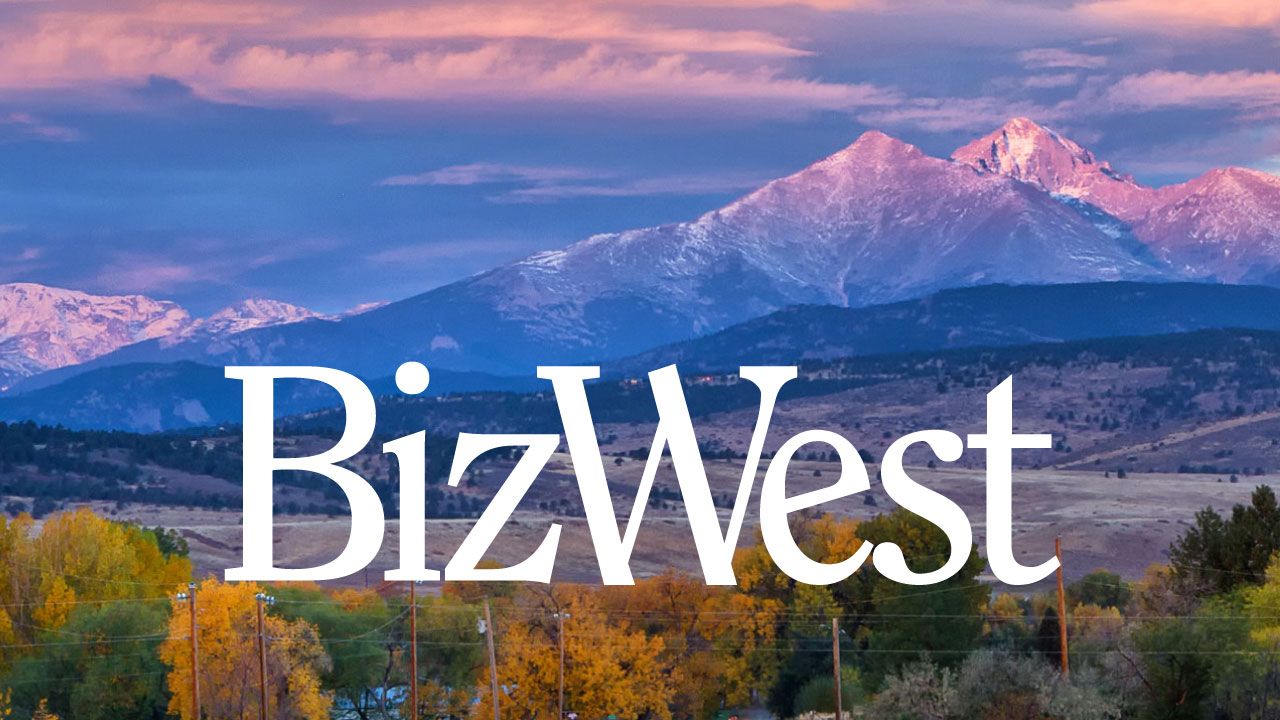Boulder repeals municipal utility ordinance, complies with Xcel lawsuit settlement
BOULDER — Boulder City Council members voted Tuesday evening to repeal a 2014 ordinance that provided a pathway for the city to establish a municipal electric utility, a decision that allows a lawsuit settlement with Xcel Energy Inc. (NYSE: XEL) to move forward.
Xcel, through affiliate Public Service Co. of Colorado, sued the city over the formation of that utility, which was never actually used, arguing that Boulder City Council overstepped its authority based on limitations of an amendment to the city’s charter in 2011. The amendment gave the city council authority to create a utility only if it first satisfied requirements showing the utility’s financial viability and service reliability.
The city and the utility reached a settlement in May. That agreement required the city council to repeal the 2014 ordinance. For its part, Xcel has agreed to file a motion to dismiss its lawsuit with prejudice.
This settlement brings to a close a lengthy legal battle that involved a series of appeals. A Boulder District Court judge dismissed Xcel’s suit in 2015, a decision that was reversed by the Colorado Court of Appeals the following year. The Colorado Supreme Court then overturned both of those decisions, sending the case back to a lower court.
“We pretty much got what we wanted, and they got what they wanted,” Boulder city attorney Tom Carr said. “ … I’m not thrilled but I’m not very upset either.”
Boulder sought to create its own electric utility in order to increase its share of electricity generated from renewable sources while decreasing carbon emissions that lead to climate change.
Boulder’s ultimate goal is “to bring clean, local, affordable and reliable electricity to the community by developing a community-owned local electric utility,” according to city documents. That effort has been dubbed “Local Power.”
The city’s objective is to provide 100 percent renewable electricity by 2030 and achieve 80 percent emission reductions by 2050.
“These are really strong goals,” Steve Catanach, Boulder’s director of climate initiatives, said.
Boulder voters must support the project in order to initiate the creation of local utility. City leaders hope to put the question to voters during the November 2020 election.
“Certainly there are obstacles getting to that date. But that’s still the target,” Catanach said.
The city’s next steps include negotiating infrastructure acquisition costs with Xcel and issuing bids for renewable power supplies.
“We’re working to make sure the community is well informed about what this cost is,” Catanach said of the upfront dollar figure associated with acquiring Xcel’s system. “… We understand it’s going to be a very large number we’re going to be putting in front the community.”
Catanach said he has been “pleasantly surprised” by the preliminary cost quotes from power suppliers.
Before voters consider forming a municipal utility, city leaders will show the community “here are the costs, here’s what it means for rates,” Councilman Sam Weaver said. Then, the city will ask voters, “Would you like to form a utility?”
Weaver noted that while the cost to form a utility will be steep, the city will bring in revenue in the form of electricity bill payments from customers.
Mayor Suzanne Jones said despite the length of time the process took, she’s pleased to move in the direction of forming a municipal utility.
“The world is changing, and we get to take credit for some of these changes,” she said. “ … The world is getting greener.”
BOULDER — Boulder City Council members voted Tuesday evening to repeal a 2014 ordinance that provided a pathway for the city to establish a municipal electric utility, a decision that allows a lawsuit settlement with Xcel Energy Inc. (NYSE: XEL) to move forward.
Xcel, through affiliate Public Service Co. of Colorado, sued the city over the formation of that utility, which was never actually used, arguing that Boulder City Council overstepped its authority based on limitations of an amendment to the city’s charter in 2011. The amendment gave the city council authority to create a utility…
THIS ARTICLE IS FOR SUBSCRIBERS ONLY
Continue reading for less than $3 per week!
Get a month of award-winning local business news, trends and insights
Access award-winning content today!





